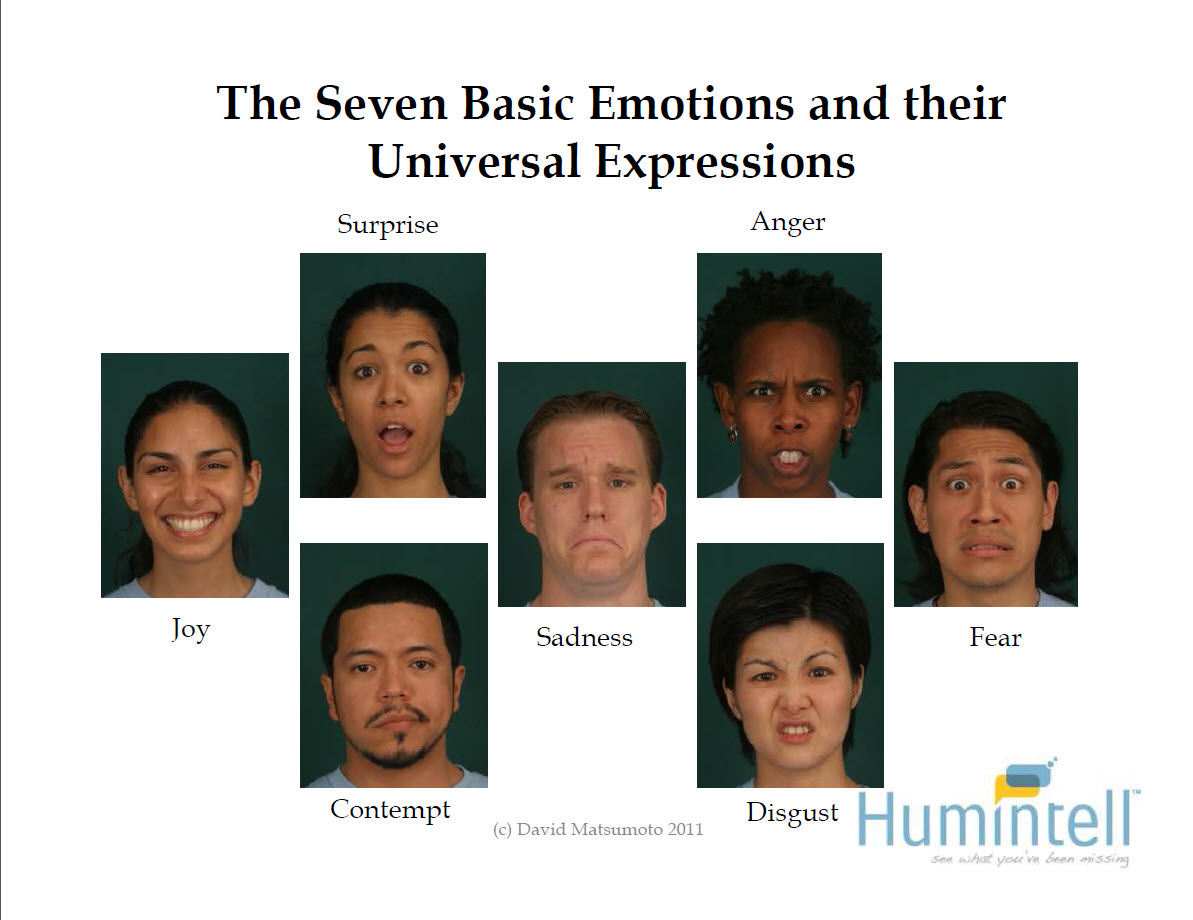
Today, April 2, is Autism Awareness Day. Every year, autism organizations around the world celebrate the day with unique fundraising and awareness-raising events.
Children with autism spectrum disorders (ASD) often struggle to recognize emotions from facial expressions (facial affect), hindering their social interactions.
By using Humintell’s emotion recognition training tool MiX, researchers out of Rush University Medical Center in Skokie, Illinois tested children ages 8-14 who are affected with autism spectrum disorder over a six week period.
Russo, et. al’s findings, Efficacy of a facial affect recognition training tool for children with autism spectrum disorders, were presented at the International Meeting for Autism Research in San Diego, CA this past May.
The results of their study suggests that coach-assisted computerized training with imitation exercises successfully alleviated facial affect recognition deficits in children with autism spectrum disorder.
Although future studies should investigate whether “boosters” are necessary to maintain the skill long-term, their results suggest that by using a computerized emotion recognition training program, children with autism could improve their facial expression recognition ability.
The result of this study correlates directly with another recent study that demonstrates the positive benefits of autistic children and adults using computers.
 The anger face: brows pulled down, upper and lower eyelids pulled up, lips rolled in and tightened. No matter where you go in the world, the facial expression of anger is expressed universally across all people of all cultures. Anger is one of the seven basic emotions along with sadness, happiness, contempt, disgust, fear and surprise.
The anger face: brows pulled down, upper and lower eyelids pulled up, lips rolled in and tightened. No matter where you go in the world, the facial expression of anger is expressed universally across all people of all cultures. Anger is one of the seven basic emotions along with sadness, happiness, contempt, disgust, fear and surprise.